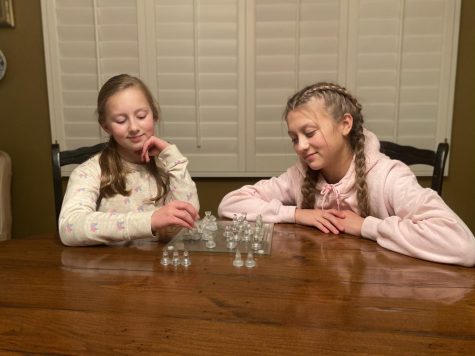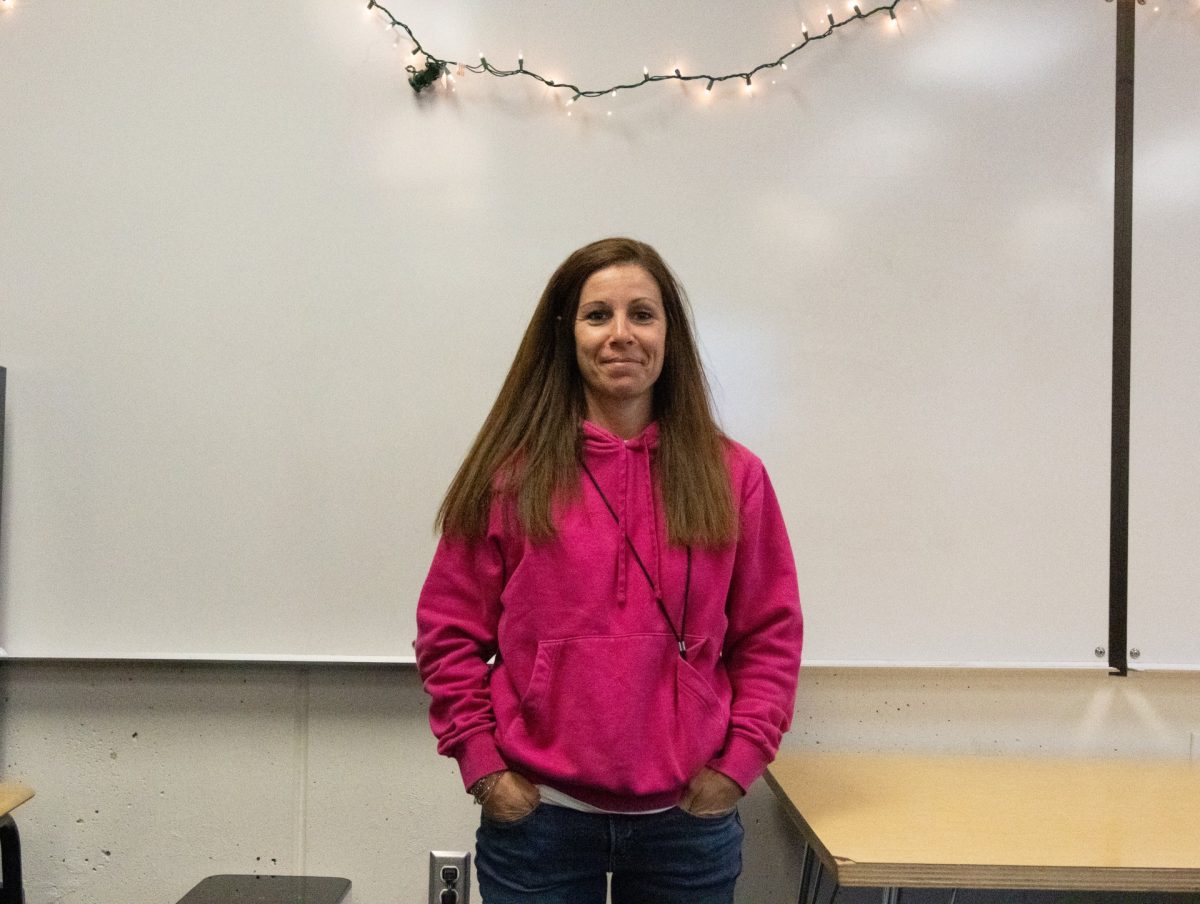How To Best Survive Family Time While Quarantining At Home
December 17, 2020

As many families are trapped at home due to the Covid-19 caused quarantine, many people are feeling stressed, stretched, and noticing that relationships can become quite tense. With all this crazy activity happening in the world right now, it is important to know how to reduce and relieve the tension that is building up in family’s homes.
With students, parents, and young children or infants forced to stay at home in order to protect their health, they are also forced to go on with their normal lives as much as possible. But some are in situations where their normal lives depend on access to the internet, and that’s not always easy. Some must consider that there is only a certain amount of wifi/internet availability, others need to share devices with other siblings or parents, and others just don’t have a space to work that allows for a productive environment.
Because children have to attend school and adults need to go to work each day, this can present quite a large problem for the family as a whole if they don’t meet the requirements that are critical to successfully navigating this new online world.
When those requirements are not met, it is easy for tension to arise among the household. When this happens, it needs to be dealt with as quickly as possible in order to achieve a peaceful and happy home. Below are a few ways that high school students have found helpful in pushing those feelings of annoyance, anger, and sadness out the door, and pulling love and happiness back into the family.
Jared Wright, Andrew Olsen, Andrew Jorgensen, and Allison Pihl, all seniors in high school, weighed in on what they have done to create a better environment at home.
Wright stresses the importance of balance in who he spends his time with in order to make things as normal as possible.
“I will spend time with my family, but some days its best to have alone time and/or virtual time with friends. I do this in order to maintain a similar balance like when life was normal,” Wright said.
Olsen had a more specific response, explaining what activities his family participated in to be happier together.
“We play board games, take naps, and watch movies/tv-shows together,” Olsen stated.
Jorgensen had a similar answer to Olsen’s and also detailed how it benefits his family’s life at home.
“I like to watch movies ad play games with my friends. This helps us make sure that we keep distracted and don’t get bored,” Jorgensen said. “We don’t want to be bored because when we are bored we are more annoying to each other.”
Pihl had a different approach than the others, moving in the direction of physical activity and being able to interact with others outside of her home.
“I would say being able to talk to my friends through my phone and exercise,” Pihl said.
While these thoughts from fellow peers at school can be very helpful, it is also important to know the stance of someone a little more experienced in the matter. Mental health therapist and licensed clinical social worker, Abbie Jensen, deals with these kinds of problems on a daily basis. She knows people who struggle with these issues and knows the best ways to help them. Even better, her professional opinions also agree with most of what the four students above had to say.
The strategy of attempting to spend more quality time with family members was at the top of Jensen’s list. Simply building up the relationships with each person in the household is one of the easiest and most effective ways to diminish conflict in families. But, it is also extremely important to expand on methods of coping with long periods at home.
“It is fun to have a family movie and game nights, and it is also important to take space when you need it,” Jensen said.
Personal moments are very helpful ways of lowering the stress levels and negative feelings for those in one’s surroundings. Instead of focusing on the sad and terrible things happening in the world, try to find the happy and good events that occur each day. They will bring a sense of hope.
“It is much easier to focus on the negative aspects of this crazy pandemic life. If we focus on the negative, our emotions and behavior will follow suit. Try to think of one thing each day that is positive or something you are grateful for in regard to being at home for online school and spending extra time with family,” Jensen explained. “This shift in perspective can make a big difference in the way we feel and behave. Let that powerful mind of your’s work to benefit your overall well-being.”
Having a multitude of ways to balance self-care and family time are listening to music, creating different types of artwork, and taking time to write in a journal. Jensen also mentioned that exercise is a great way to reduce those levels of anger, annoyance, contempt, and more for one’s family.
It is easy to let these difficult times take over our thoughts and actions for the worse, but working hard to make sure that life is as good as possible for everyone is essential to surviving our tenuous ordeal. With these suggestions from fellow peers at Highland, as well as a kind and knowledgeable expert, we can provide the world around us with a little more cheer in this holiday season.





























